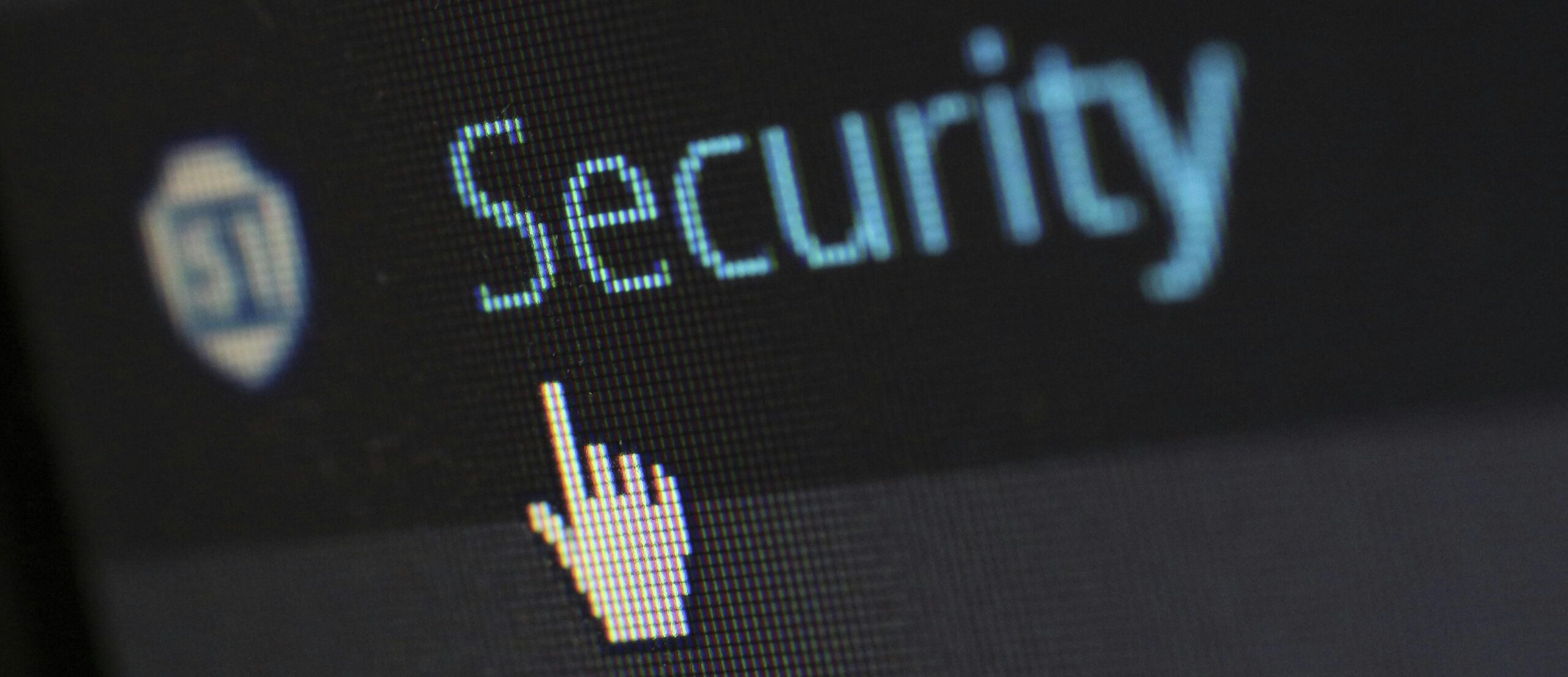With the announcement of the recent sale of 23andMe to Regeneron, combined with their data breach in October 2023, there has been a lot of online chatter about the importance of privacy and security in genealogy. In fact, some very concerned folks have been completely deleting their DNA information from 23andMe and requesting that the company destroy their samples. (If you took this step, hopefully you downloaded your genealogy matches and information before closing your account.) Even though Regeneron has committed to maintaining 23andMe’s existing privacy policy, it is always a good idea to stay vigilant online, particularly with your DNA data and living family information. Both of these require various considerations and will be addressed separately.
DNA Data
 DNA can unlock a whole world of connections and information! If you have submitted your DNA to any of the sites, you likely know that these connections and tools are invaluable and unparalleled in genealogical research. They can help you break through brick walls and understand relationships in so many complex ways. That said, protecting your DNA data is very important, and most of the websites have ways for you to do this. When submitting your DNA, you are often given options to opt in and out of certain research and sharing, and even after you submit, you can still make changes to your settings. Each website is different, so you will want to review the options at the various DNA sites to learn more.
DNA can unlock a whole world of connections and information! If you have submitted your DNA to any of the sites, you likely know that these connections and tools are invaluable and unparalleled in genealogical research. They can help you break through brick walls and understand relationships in so many complex ways. That said, protecting your DNA data is very important, and most of the websites have ways for you to do this. When submitting your DNA, you are often given options to opt in and out of certain research and sharing, and even after you submit, you can still make changes to your settings. Each website is different, so you will want to review the options at the various DNA sites to learn more.
Living Family Information
Sharing the information of living family members is something that should always be done with consent and care. While you may not be sharing a lot of information about someone, this information can be very revealing if somehow compromised. Some sites, like FamilySearch, do not even want you to include this information in the GEDCOM file(s) that you upload and will ask you to certify that your tree does not include anyone who is living. Other sites will not show the person in a family tree if they are living, even if they exist on another member’s personal tree. Instead of uploading this material to an online tree, you could possibly keep this information in a separate, secure location/folder or consider only adding living relatives to the software on your personal computer. While living folks can make valuable collaborative partners in genealogical research, they must be respected and protected.

Other Privacy & Security Considerations
In addition to these two important pieces of online privacy, you may want to do the following as well.
- Read through the privacy policies of the websites, software, and online tools that you use. While these documents may not be the most exciting to read, they are important as you consider how your data is protected and used. You may even have some options for protecting your data if you read closely. You are ultimately responsible for this information.
- Set strong passwords and use different ones for each site. This will help keep someone from accessing multiple sites and programs if one is compromised. You may also want to consider multi-factor authentication which requires you to use your phone or other device to authenticate your login. Sometimes, a passcode or an added step to log in can also help secure your data.
- Keep your software current and up to date, as this will usually provide the best security. (This is often a built-in side benefit of the newest software, in addition to new tools and features.)
- Consider using the built-in messaging capabilities of the genealogy websites, instead of sharing your email. This can give you some protection from potential viruses, malware, and more which can come from links and attachments. You always want to be careful with what you download, open, and save.
- Use a VPN when you are sharing your information. This virtual private network can secure the data you transmit and prevent others from accessing them. A VPN is particularly helpful if you find that you are often joining open wireless networks.
For more information and other suggestions, check out the “Genealogist’s Guide to Protecting Online Privacy” by Dana McCullough.
Enjoy all the amazing opportunities of online genealogy while remaining informed and aware! It is the best way to stay safe and protected, while benefiting from all the tools of the online world.

Discover more from Cook Memorial Public Library District
Subscribe to get the latest posts sent to your email.
Categories: Genealogy
Tags: Genealogy
